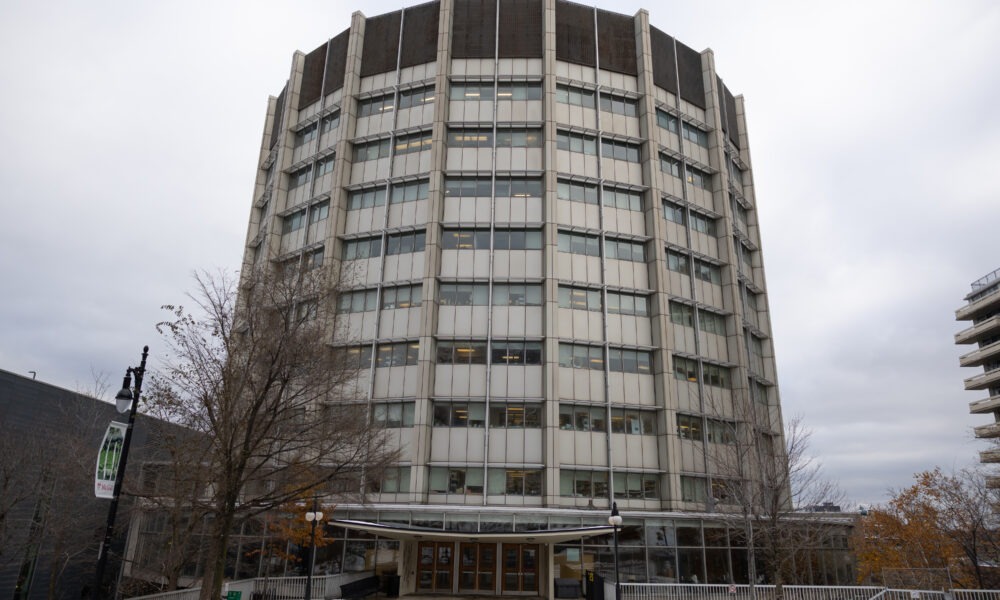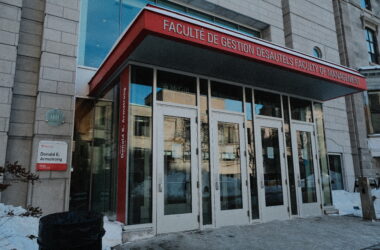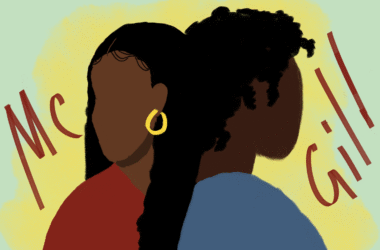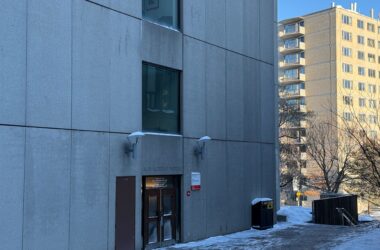On Oct. 25, Quebec adopted Bill 2, legislation that changes the funding model for physicians so that 10 per cent of doctors’ salaries are tied to provincial performance targets. Bill 2 was introduced after the provincial physicians’ unions rejected four government offers to reconfigure their collective agreement with the province.
These rejected proposals sought to deregister patients from family doctors and to implement a colour-coded system prioritizing red patients with severe or complex health conditions, making access to family doctors nearly impossible for green patients with less urgent needs.
At McGill, medical students are worried about how Bill 2 might affect their education. Giuliana Zambito from Medical Direction, McGill’s pre-med society, expressed concern in a written statement to The Tribune about the long-term impacts the bill will have on physician training.
“If more physicians leave Quebec or reduce their involvement in teaching, there will be fewer preceptors available for clinical placements,” Zambito wrote. “This may limit the quality and variety of training experiences and place more strain on the clinicians who remain. Students fear that some residency programs could face reduced capacity, fewer training sites, or diminished learning opportunities, particularly in fields such as family medicine that already experience burnout and recruitment challenges.”
The Fédération médicale étudiante du Québec president Maxence Pelletier- Lebrun voiced similar concerns regarding medical students’ rights and recruitment in a written statement to The Tribune.
“We have received multiple legal opinions indicating that Bill 2 poses risks to medical students’ freedom of speech, […] notably regarding any strike vote, which could expose local student associations to fines in the hundreds of thousands of dollars—jeopardizing their very survival,” he wrote.
Students are also uneasy about restrictions in the bill that may affect academic freedom and advocacy, according to Zambito.
“The vague wording around concerted action, combined with the possibility of substantial fines [for striking], raises concerns about whether trainees could face consequences for speaking up about their education or working conditions,” Zambito wrote. “The idea that advocacy might carry personal risk is deeply unsettling.”
Lebrun also warned that the bill may discourage students from remaining in the province after graduation.
“The measures introduced in Bill 2 [make] Quebec the most restrictive place to practice in Canada,” he wrote. “This may lead more students to choose to practice in other provinces.”









